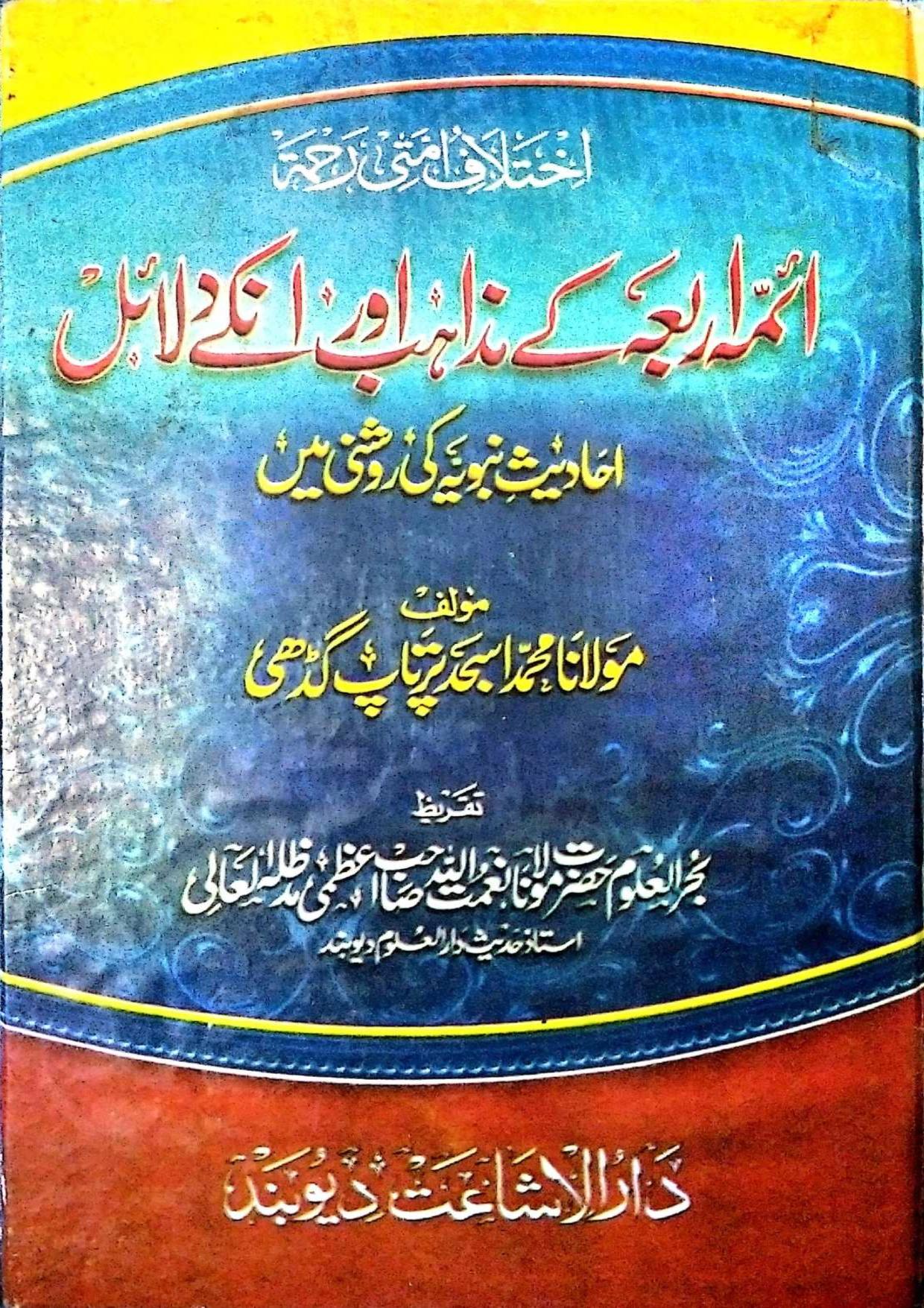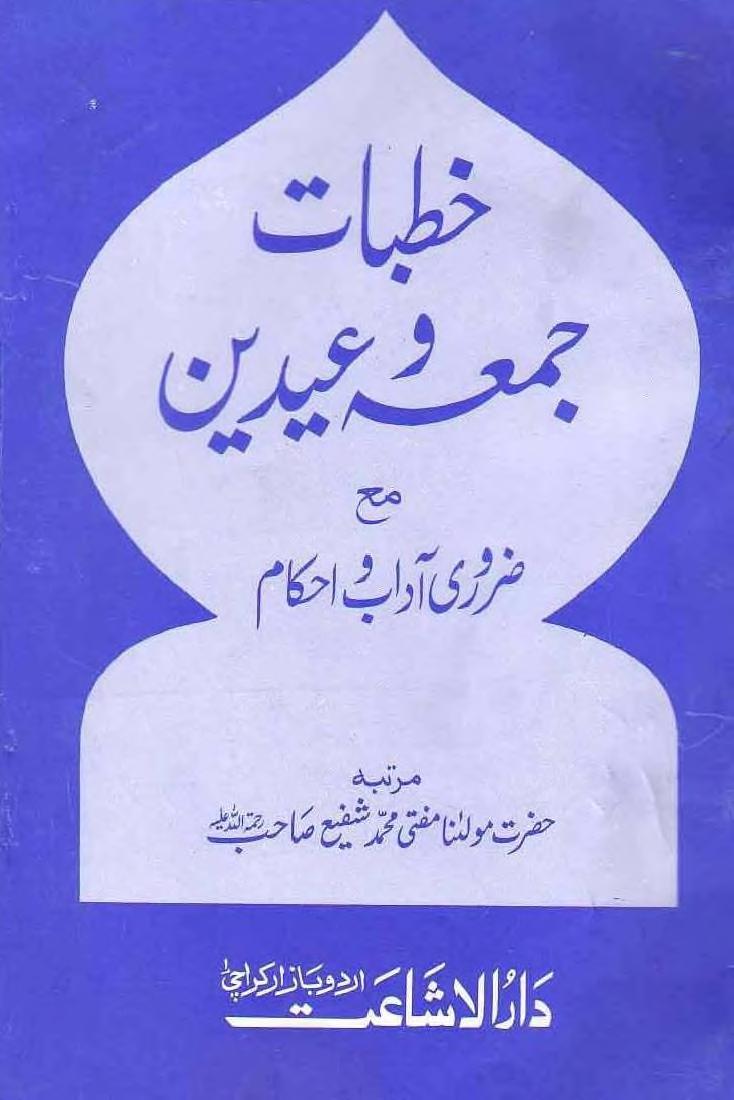9th Class Chemistry Chapter Wise Notes Details.
These notes are perfectly made, which will be of extraordinary advantage to you. With our instructive materials, you can get ready in excess of 100 percent of your Marks. It is a standout amongst other instructive substance on the web. This instructive material has been managed by experienced instructors. Made by an accomplished Chemistry educator.
This plan is very important for exam preparation. The complete syllabus of the Chemistry book is described below. Topics / Subtopics / Activities to be covered You must read it.
Table of Contents
Toggle9th Chemistry Notes / کیمسٹری
1- Fundamentals of Chemistry
کیمسٹری کے بنیادی اصول
Chapter 1: Fundamentals of chemistry
- Branches of chemistry and basic definitions
- Matter; Substance
- Physical and chemical properties
- Mixture, element, compound
- Atomic number and mass number
- Relative atomic mass and atom mass unit, chemical formula
- Empirical formula and a molecular formula
- Molecular mass and formula mass
- Quiz activity & lab
- Chemical species (ions, molecular ions, free radicals)
2- Structure of Atoms
ایٹم کی ساخت
Chapter2: Atomic Structure
- Introduction
- Theories and experiments related to the structure of +lab
- Atom Cathode, Discovery proton, neutron
- And the atomic model of Rutherford, defects
- Boar’s atomic theory and comparison of both models; Lab
- Electronic configuration, electronic configuration of 1st 18 elements
- Isotopes & examples
- Applications and uses of isotopes, testing, prevailing theories bring about change in them
- Exercise & Lab
3- Periodic Table & Periodicity of Properties
پیر یا ڈک ٹیبل اور پیر یا ڈک ٹیبل کی خصوصیات
Chapter 3: Periodic Table and Periodicity of Properties
- Introduction of periodic table, Do briner tirades and new land octaves
- Mendeleev periodic table, periodic law
- Modern periodic table & Lab
- Periodicity of properties atomic size
- Atomic radius, shielding effect, ionization energy,
- Electron affinity; Electronagativity
4- Structure of Molecules
مالیکیو لز کی اشکال
Chapter 4:Structure of Molecule
- Introduction
- Why do atoms form chemical bond, chemical bond, types of chemical bond
- Ionic bond, covalent (polar and non-polar)
- Ionic, Dative, Metallic bond, Lab
- Intermolecular forces, dipole-dipole interactions,
- Hydrogen bonding, nature of bonds and properties
- Metals, synthetic adhesive. Aircraft cars
- Trucks and boats are partially held with epoxy adhesives; Science and technology & Lab
5- Physical States of Matter
مادے کی طبعی حالتیں
Chapter 5: Physical States of Matter
- Introduction & Lab
- Gaseous state; Typical properties
- Standard atmospheric pressure; Boyles law experimental verification of Boyles law
- Numerical; Absolute temperature scale
- Charles law; experimental verification
- Physical states of matter and role of Inter molecular forces
- Liquid state; Typical properties; Evaporation
- Vapor pressure; Boiling point; Freezing point
6- Solutions
سلوشنز
Chapter 6: Solutions
- Introduction; Solutions; Saturated solutions
- Un-saturated solutions; Super saturated solutions
- Solute; Solvents; Types of solutions; Concentration
- Units; Numerical; Lab
- Molarity; Preparation of Molar solutions
- Preparation of dilute solution solubility and solute solvent interaction
- Effect of temperature on solubility; Lab
7- Electrochemistry
الیکٹرو کیمسٹری
Chapter 7: Electrochemistry
- Oxidation and reduction reactions
- Oxidation and reduction in terms of loss or gain of electrons
- Difference between oxidation and reduction
- Oxidation state and its rules, oxidizing and reducing agents; Lab
- Electro chemical cell
- Electrolytic cell; Working of an electrolyte
- Electrolysis of water; Galvanic cell
- Construction of a Daniel cell; Lab
- Downs cell; Nelson cell
- Manufacture of NaOH from brine solution
- Corrosion and prevention, Electroplating
- Procedure & Lab
8- Chemical Reactivity
کیمیکل ری ایکٹیویٹی
Chapter 8: Chemical Reactivity
- Introduction, metals and properties
- Physical, chemical, electropositive character; trends of electro positivity
- Electro positivity and ionization energy; Comparison of physical properties and reactivity of alkali and alkaline earth metal
- Comparison of chemical properties and reactivity of sodium magnesium and calcium
- Uses of Na, Mg and Ca; Noble metals, non-metals;
- Inertness of Nobel metals; Lab
- Physical properties of non-metals,
- Chemical properties of non-metals,
- Comparison of reactivity of halogens; Important reactions of halogens
- Reaction with hydrogen water methane, sodium hydroid
- Significance of non-metals
Discover more from E-Islamic Books
Subscribe to get the latest posts sent to your email.













